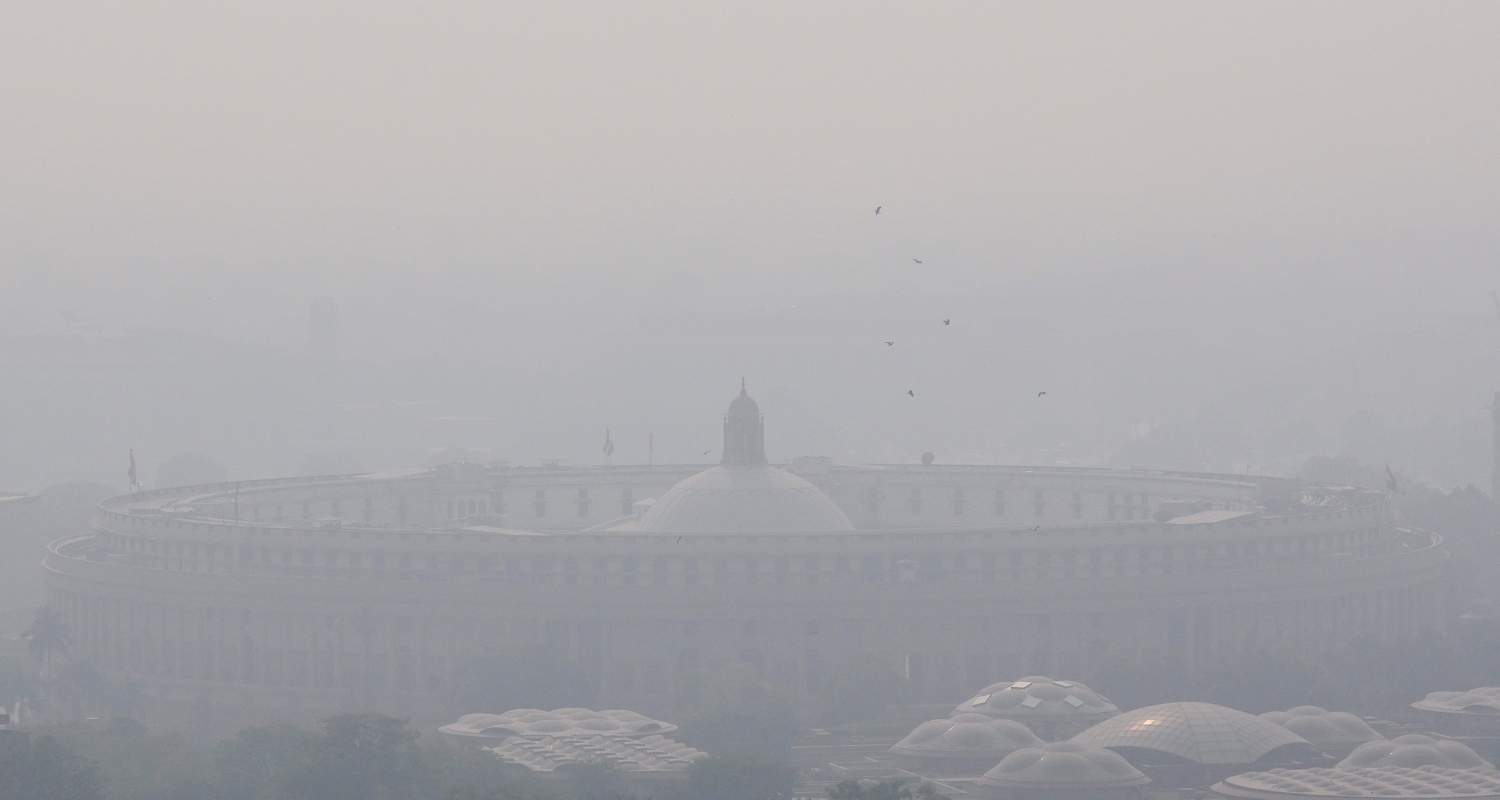The Delhi government has issued an order directing all schools to immediately suspend outdoor activities and sports, following a sharp deterioration in air quality across the national capital, which has now entered the ‘severe’ category.
The directive was issued a day after the Supreme Court, while hearing a petition on air pollution, directed the Commission for Air Quality Management (CAQM) to consider issuing immediate instructions to schools in Delhi to halt all outdoor sports and physical activities scheduled for November and December.
In a detailed advisory released subsequently, the CAQM—the statutory body responsible for air quality management in Delhi and the National Capital Region—stated that all sports competitions and outdoor events must be postponed until air quality improves significantly. The commission emphasised that the prevailing severe pollution levels in Delhi pose significant and immediate health risks, particularly to children.

The CAQM’s advisory applies to all universities, colleges, schools, and recognised sports associations across the entire Delhi-NCR region.
This week, Delhi’s air quality plunged to hazardous levels, fluctuating between the ‘very poor’ and ‘severe’ categories on the Air Quality Index (AQI). On Friday, the city’s 24-hour average AQI stood at 373, a level experts say is equivalent to smoking nearly 10–11 cigarettes a day.
The Delhi government’s order follows the Supreme Court’s strong observations on the matter made just a day earlier. The court expressed serious concern over children being exposed to toxic air during outdoor sports and suggested that such competitions could be rescheduled to safer months with better air quality. It then specifically directed the CAQM to issue appropriate instructions to schools without delay.
During the hearing, the amicus curiae appointed by the court to assist on air pollution matters submitted that conducting outdoor sports and activities in November and December effectively amounts to “virtually putting the school-going children in a gas chamber.”
In a related development, the Delhi High Court, while hearing a separate matter on Wednesday, also flagged the issue and remarked that the Delhi government appeared to be “shirking its responsibility” by permitting outdoor sports and physical activities during the peak pollution season.
Also Read: Delhi air quality ‘severe’ as mercury dips to 9.7 degrees Celsius
WHY THE COURT’S INTERVENTION IS TIMELY
Medical experts and doctors have been repeatedly warning for years that children are far more vulnerable to the effects of polluted air than adults. Their lungs are still in the developmental stage, they breathe at a faster rate, they typically spend more time outdoors, and their smaller body size means they absorb a higher concentration of pollutants with every breath.
Scientific studies have consistently shown that prolonged exposure to fine particulate matter such as PM2.5 and PM10 can not only reduce lung capacity but also permanently impair respiratory development, trigger or exacerbate asthma, weaken overall immunity, and even negatively impact cognitive performance and brain development.
For countless families in Delhi, these warnings are no longer theoretical or abstract; they have become a grim annual reality marked by increased use of inhalers, persistent dry coughs, cancelled outdoor playtime, and a noticeable surge in visits to paediatricians. Paediatric pulmonologists across the city report that hospital outpatient visits and admissions related to respiratory issues spike sharply every November, often rising by as much as 30–40 per cent compared to cleaner months.
Also Read: SC allows stricter pollution curbs in lower stages for Delhi-NCR



